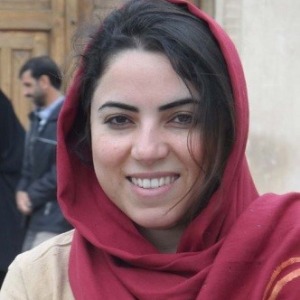Title : A study of rural community resilience to climate change in Iran
Abstract:
The economic, social, and cultural lives of individuals and societies constitute a significant factor influencing social transformations. This research investigates resilience within rural communities facing climate change impacts such as drought, floods, water crises, inefficient water resource management, dust storms, and biodiversity loss. Its objective is to elucidate the concept of resilience and its role in mitigating social vulnerability and facilitating community rebuilding in the face of these challenges.
This study employs a qualitative, field-based research approach. A heterogeneous sample with maximum variation was selected from 25 villages affected by climate change—including drought, floods, water crises, dust storms, and biodiversity degradation—until theoretical saturation was achieved.
The findings indicate that resilience encompasses physical-environmental, economic, social, and institutional dimensions. Social resilience is influenced by individuals' social and symbolic capital, which in turn fosters conditions that enhance physical and institutional resilience across rural Iran. Consequently, policy initiatives aimed at bolstering the social and symbolic capital of community members are a crucial and strategic approach for building resilience against environmental crises. Such efforts play a vital role in establishing favorable conditions for preparedness, response, recovery, and reconstruction in the context of climate change.


